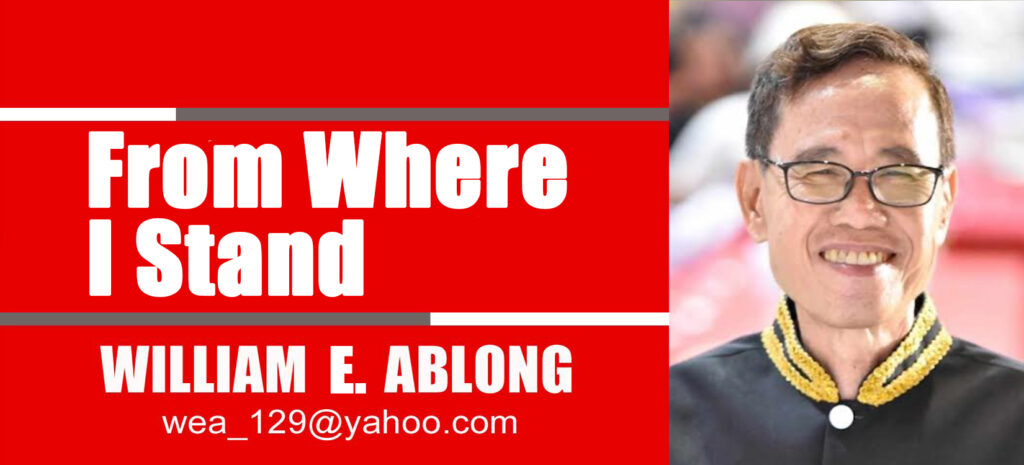
AS Dumaguetnons and Negrosananons head to the polls this May 12, the familiar rhythms of election season echo across the country — campaign jingles blare from roving vans, plastic posters crowd city walls and coconut trees alike, and candidates, both seasoned and obscure, offer promises—some heartfelt, many hollow.
But beneath this vibrant spectacle lies a darker truth that continues to undermine the very democracy it celebrates — the persistent plague of vote-buying and the cult of personality that too often eclipses substance in leadership. Both are not just symptoms of a flawed electoral system; they are indicators of a nation at risk of trading long-term progress for short-term gain.
The cost of a vote
In countless barangays, the days leading up to the election have become transactional. Candidates—or their operatives—go door to door offering envelopes of cash, sacks of rice, grocery packs, or even a few hundred pesos in exchange for a vote. This practice, as normalized as it is illegal, is often justified as a desperate exchange between poverty-stricken voters and opportunistic politicians. “What’s P500 compared to 3-6 years of suffering?” the logic goes.
But this transactional mindset corrodes democracy. When votes are bought, public office becomes a commodity. It becomes less about serving the people and more about recovering investments. Corruption doesn’t begin after a politician wins—it begins when they pay for your vote. It legitimizes the idea that public service is for sale, that policy competence is secondary to wealth, and that accountability can be avoided with the right price tag.
Personality over policy
Philippine elections have long favored charisma over competence. From movie stars to influencers, candidates are often elected on the strength of their celebrity, relatability, or surname rather than their track record or platform. This is not unique to the Philippines, but the grip of personality politics here is especially entrenched.
The danger lies in how this turns politics into a popularity contest rather than a democratic selection of the most capable leaders. When voters are swayed more by a candidate’s dance on TikTok than by their economic agenda, governance suffers. When loyalty is tied to family names rather than merit, dynasties thrive and reforms stall. The result is a cyclical leadership drought, where capable leaders are drowned out by louder, glossier campaigns.
Why this election matters
The 2025 midterm elections are critical. They will determine key seats in the Senate, Congress, and local government units—positions with immense power over legislation, budget allocations, and the direction of the country’s development. At stake is the ability to check executive overreach, address inflation, boost education, and respond to climate and infrastructure challenges.
A vote, therefore, is not just a choice for today. It is a statement about what kind of future Filipinos want—whether they want roads or rebates, schools or slogans, leaders or landlords of political fiefdoms.
What can we do
Ending vote-buying and personality politics isn’t solely the job of watchdog groups or the Commission on Elections (COMELEC)—though they must be aggressive and unrelenting. It is a collective responsibility.
- We voters must reflect on the cost of selling our vote. That P500 will vanish in a day. The effects of a bad leader last for years.
- Media and influencers must highlight platforms, not just personalities. The Filipino electorate is young and online—use that power to inform, not just entertain.
- Civic education must be prioritized. The real battleground is not the precinct but the classroom, where political literacy can inoculate future voters from manipulation.
The road ahead
This May 12, the Philippines once again stands at a fork in the road. Down one path is a future held hostage by political cartels and transactional governance. Down the other is a democracy where votes are sacred, leadership is earned, and the people’s will be genuinely reflected in public policy.
The choice belongs to every Dumaguetnon, every Negrosanon, every Filipino.
Just remember — when a vote is sold, it is not just the present that is bought—it is the future that is mortgaged.

